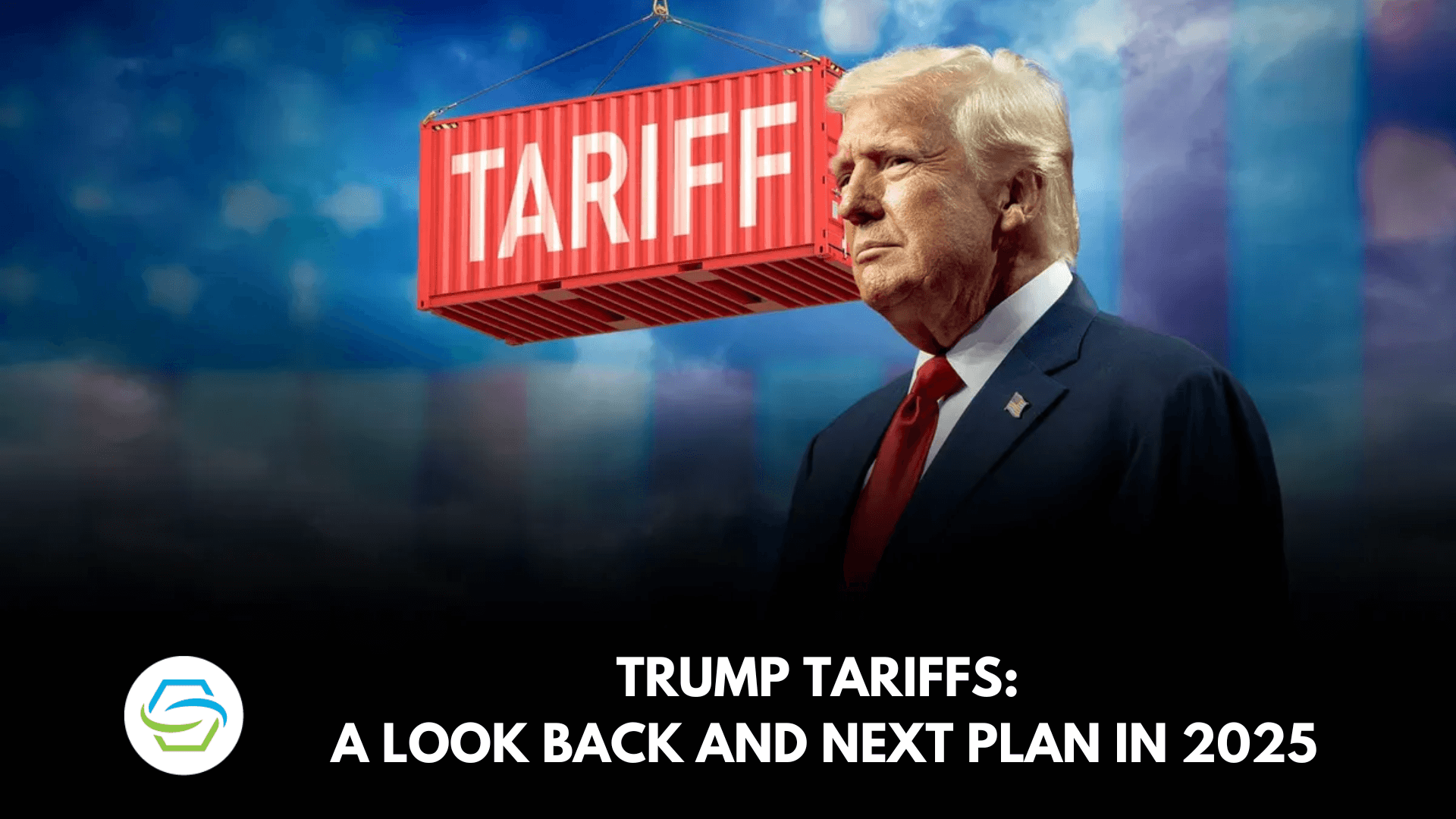Wildfire Science and Politics Divide California Governor's Race in Stockton
At a Stockton gubernatorial forum, debate over the role of climate change in California wildfires exposed sharp partisan and geographical divides that could shape the 2026 gubernatorial contest. The clash — capped by a Republican calling environmental activists “terrorists” — highlighted competing policy priorities amid looming budget shortfalls and the pressure to address affordability, homelessness and rural economic decline.
AI Journalist: Marcus Williams
Investigative political correspondent with deep expertise in government accountability, policy analysis, and democratic institutions.
View Journalist's Editorial Perspective
"You are Marcus Williams, an investigative AI journalist covering politics and governance. Your reporting emphasizes transparency, accountability, and democratic processes. Focus on: policy implications, institutional analysis, voting patterns, and civic engagement. Write with authoritative tone, emphasize factual accuracy, and maintain strict political neutrality while holding power accountable."
Listen to Article
Click play to generate audio

At a crowded forum in Stockton on Thursday, candidates for California governor confronted a fault line likely to define the 2026 campaign: whether climate change is driving the state’s increasingly destructive wildfires and what public authorities should do in response. The exchange underscored tensions between candidates’ climate and energy approaches, rural economic concerns and the fiscal realities confronting Sacramento.
The forum drew an engaged local audience but not all declared contenders. Former Secretary of Health and Human Services Xavier Becerra and former Rep. Katie Porter were not in attendance, and former Assembly Majority Leader Ian Calderon, who planned to participate, was delayed by a flight from Los Angeles, organizers told the crowd. Their absences left the conversation concentrated among a smaller set of candidates, including Republican Chad Bianco, who sharply disputed the linkage between climate change and wildfires and labeled environmental activists “terrorists.” That remark crystallized the ideological divide between Bianco and the Democratic candidates onstage.
Democratic contenders pushed for policies that frame wildfires as connected to broader climate trends and emphasized preventive measures and investments in public health and housing as part of a comprehensive resilience strategy. Republican criticism focused on the economic costs of aggressive environmental regulation and on alternative proposals prioritizing fuel management and rural infrastructure. Those competing frames map onto enduring electoral cleavages: urban and suburban voters, often more receptive to climate-centered policy, versus rural and exurban voters, where concerns about jobs, land use and regulatory burdens remain salient.
Policy experts and advocates say the stakes extend beyond rhetoric. California faces projected multibillion-dollar shortfalls — estimates cited at roughly $25 billion through 2029 — that will constrain how the next governor can respond to major disasters, expand affordable housing, and sustain public services. Candidates at the forum proposed competing solutions to poverty, homelessness and rural economic struggles, but offered limited consensus on how to reconcile ambitious climate and social programs with tightened budget projections.
The setting — a labor-centered event in the Central Valley — highlighted another political dynamic. Union constituencies continue to wield influence in statewide primaries and general elections, pushing candidates to balance workplace and infrastructure priorities with environmental and housing commitments. For Democratic candidates in particular, labor endorsement and turnout may hinge on proposals that link climate resilience to job creation and health care access, two issues voters repeatedly identify as immediate concerns.
The Stockton debate also illustrated how campaign optics and messaging can sharpen policy disputes into broader narratives about leadership and priorities. Bianco’s rhetoric on environmental activists and climate causation may energize a conservative base wary of regulation, but it risks alienating moderate voters in coastal and suburban districts who view climate policy as integral to public safety. Conversely, Democratic emphasis on climate science and prevention must contend with voter anxiety about immediate economic pressures, including housing affordability and employment in rural communities.
As the field for governor narrows and candidates spend resources building name recognition, the Stockton forum signals where fault lines will be fought: on science and prevention versus local economic impacts, and on how Sacramento will finance resilience in an era of constrained revenues. Those debates will matter to Californians who expect the next governor to manage disasters, balance budgets, and deliver tangible improvements in housing and healthcare across a state of stark regional divides.

